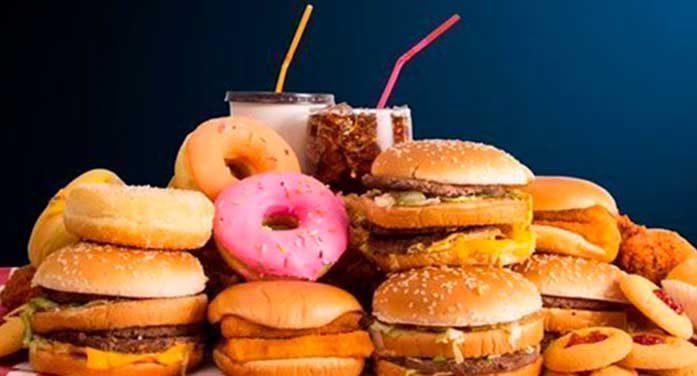I’m writing you because you may be in the dark about the amount of unhealthy food and beverage marketing your children and teens are viewing.
This isn’t your fault. It’s our reality. We’ve let food and beverage companies have a huge influence on our children.
Twenty-five years ago, a parent might be expected to see and control most if not all advertising their child was exposed to on network TV and at the grocery store. Today, for even the most conscientious parents, it’s impossible to monitor – or even to recognize – the immense amount of food and beverage marketing directed at kids.
They’re targeted by unhealthy food and beverage advertising on television, radio, in print, on billboards, in video games and movies, through product placement, and through sponsorship of events and teams. The ads frequently use celebrity endorsements, spokes-characters and licensed characters to appeal further to children. Kids are also targeted where they gather, such as in arenas and recreation centres – even in schools and hospitals.
The situation has gotten worse.
New forms of digital marketing allow children and teens to be targeted at a very low cost through food company websites, banner, pop-up and video ads on third-party websites, company apps, push notifications from apps, within-app ads and SMS (text) ads. Food marketing is also disguised as website content and integrated into posts by YouTube vloggers.
Most food and beverage companies also have a strong presence on social media to allow them to interact with your child or teen. The use of adver-games is common – fun and addictive video games with integrated advertising that can keep kids exposed to advertising for hours without them (or their parents) even realizing it. Kids also become unwitting marketers by forwarding links to their friends.
These are not your grandmother’s commercials.
Digital marketing is different from traditional marketing. It frequently allows your child to interact with the product, it can use behavioural targeting (to track your child’s behaviour and target ads accordingly), and geo-targeting (to target ads to your child’s location).
In contrast to television where the Broadcast Code for Advertising to Children limits advertising to no more than four minutes during a 30-minute children’s show, exposure to food and beverage marketing in digital forms is limitless.
Earlier this year, my research team and I set out to discover the extent of online food and beverage marketing to Canadian kids. We expected big numbers but the results were shocking. Canadian children ages two to 11 viewed 25 million food and beverage ads – over 90 percent of them for unhealthy items – in a single year from their top 10 visited sites.
Food and beverage marketing works for the companies – but not for our children.
Evidence is clear that obesity rates are influenced by the amount of food and beverage marketing to which kids are exposed. Obesity puts them at far greater risk for continued obesity as adults and many health problems that can shorten their lives, including heart disease, stroke and diabetes.
The food and beverage industry has a voluntary system that’s supposed to ensure that unhealthy food marketing to children is limited. But it doesn’t work. I’ve done several studies evaluating the influence of self-regulation of food marketing and the results show convincingly that it has failed.
Fortunately, in Canada, we have a model that works. Quebec has banned all commercial advertising to children 13 and under since 1980. It’s time the rest of Canada followed suit. We should also expand the restriction to teenagers and ensure legislation covers the full scope of marketing.
Parents want to raise healthy children but they need help to do so. Food and beverage marketing restrictions at the federal level would provide such support. There’s ample evidence to back up the need for such restrictions.
Let’s give Canadian parents the helping hand they need to ensure their children eat well and stay in good health.
Dr. Monique Potvin Kent is an assistant professor in the School of Epidemiology and Public Health at the University of Ottawa. She has a PhD in Population Health and conducts research on food and nutrition policies that influence rates of obesity and other chronic diseases in the population, and is an expert on food and beverage marketing to children.
Monique is a Troy Media contributor. Why aren’t you?
The views, opinions and positions expressed by columnists and contributors are the author’s alone. They do not inherently or expressly reflect the views, opinions and/or positions of our publication.



